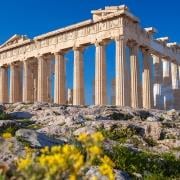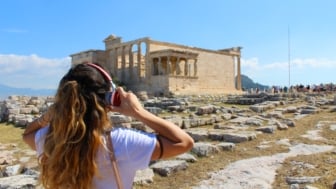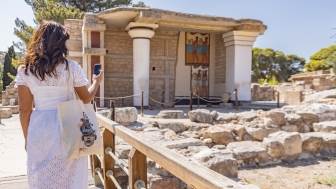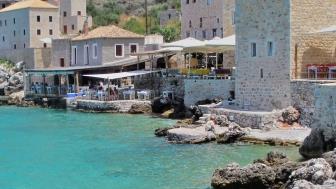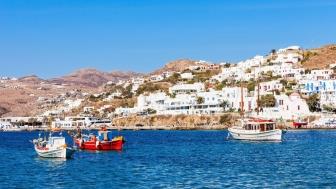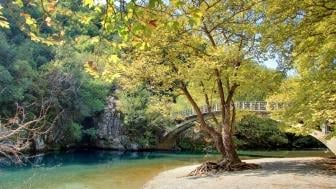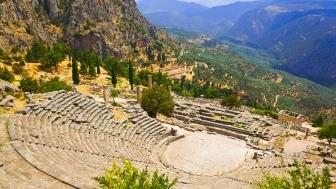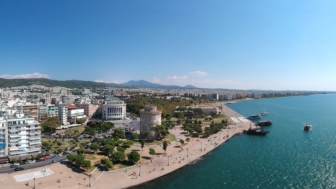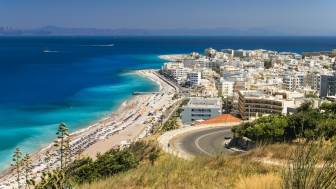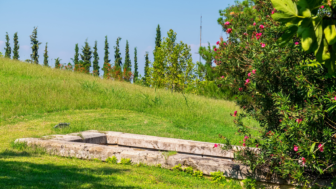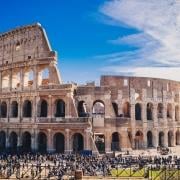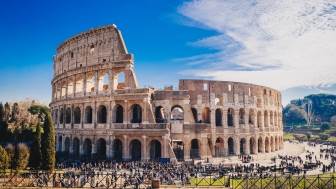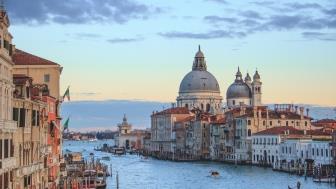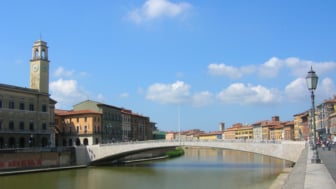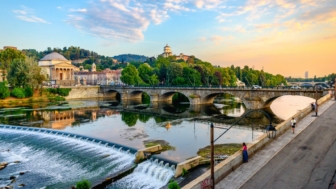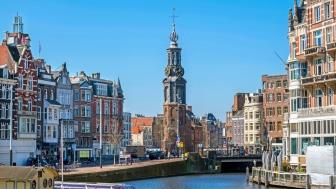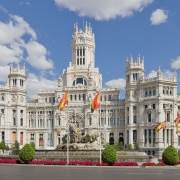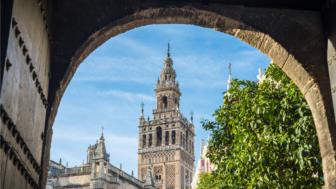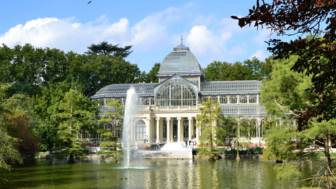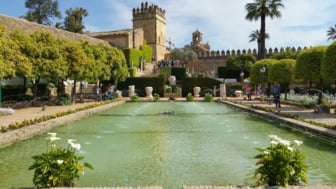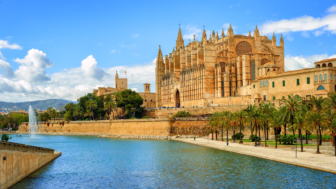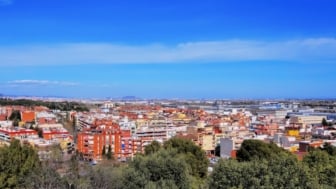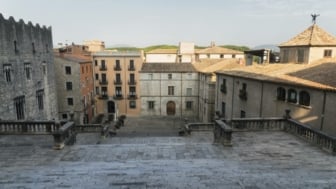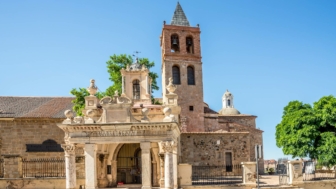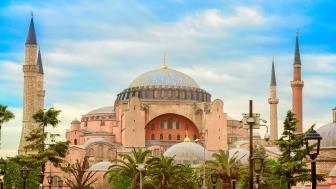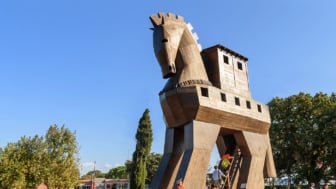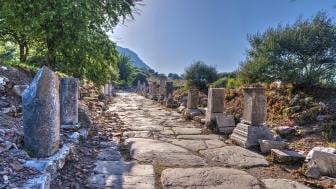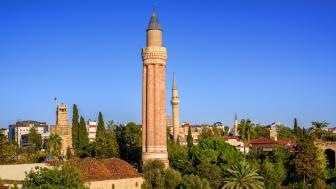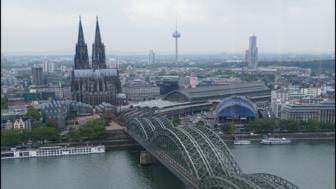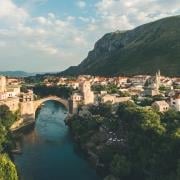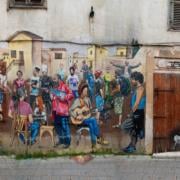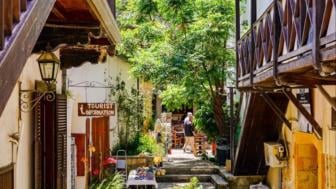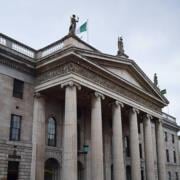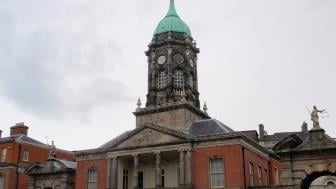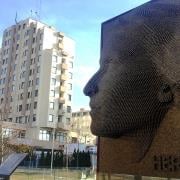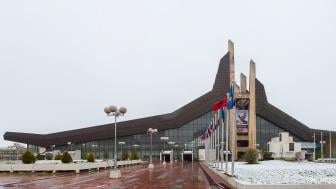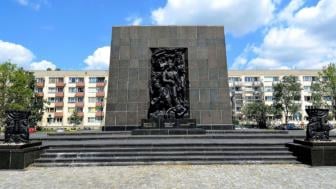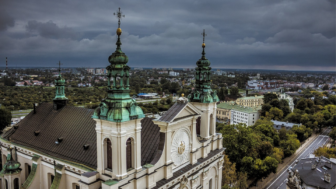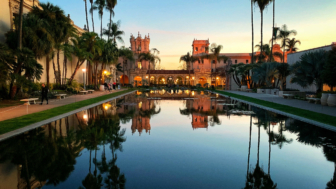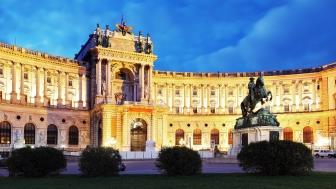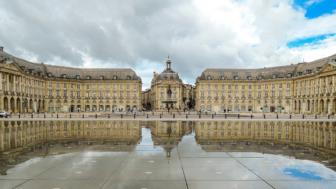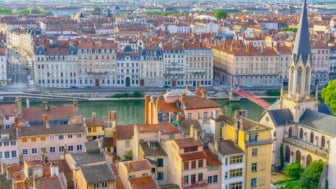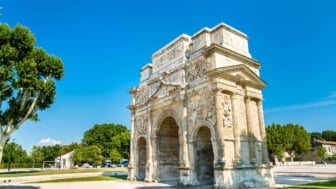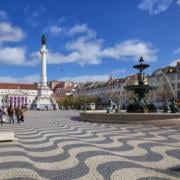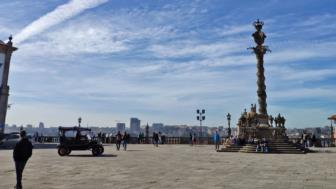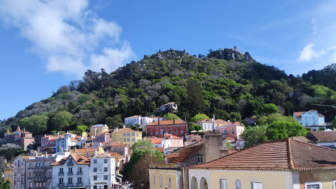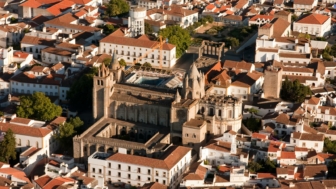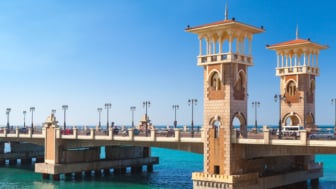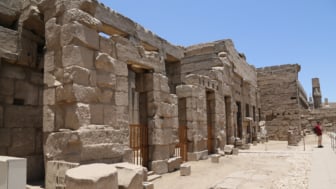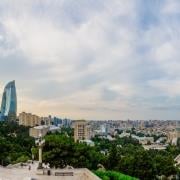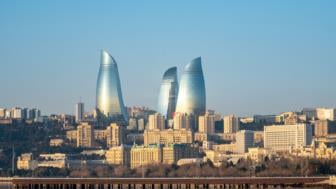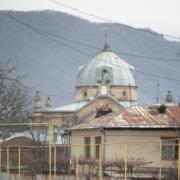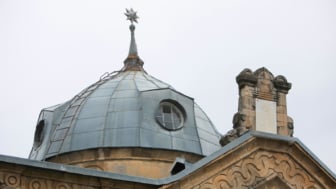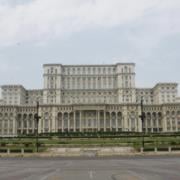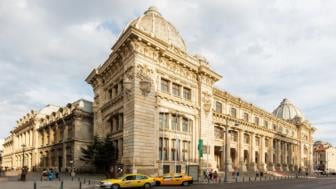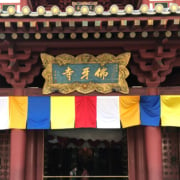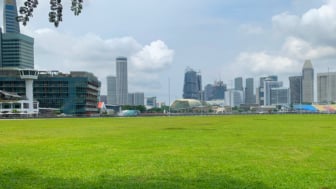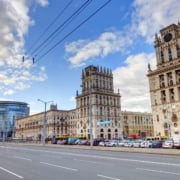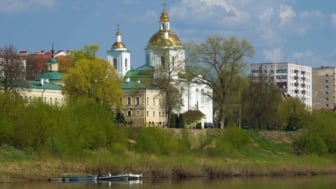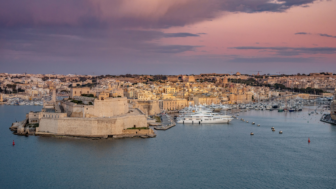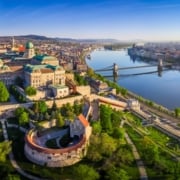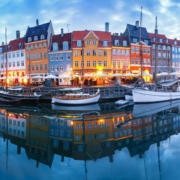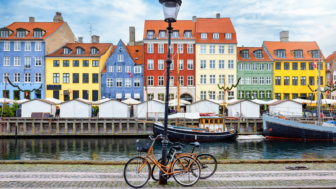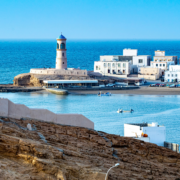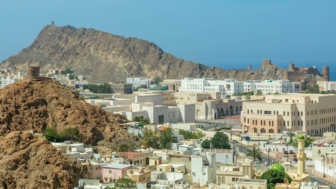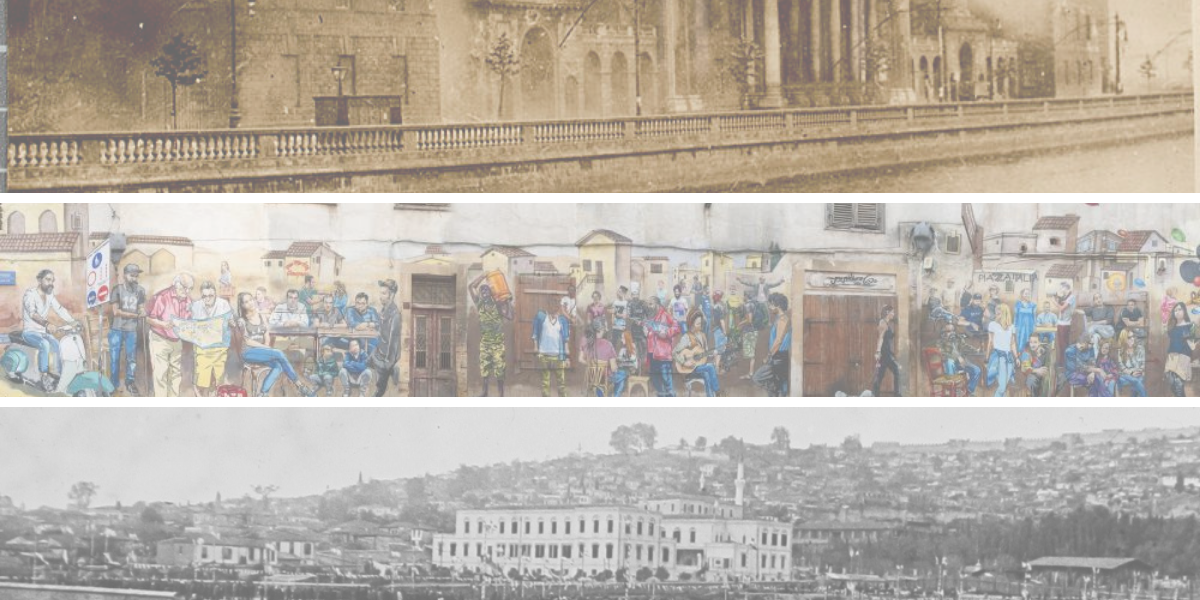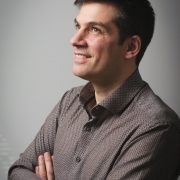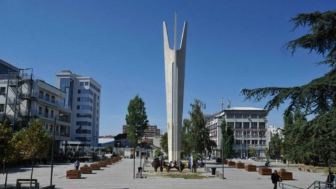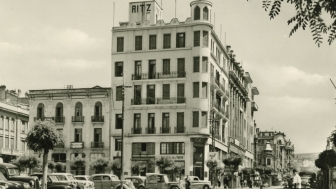The European Federation of Tourist Guide Associations (FEG) in collaboration with Clio Muse Tours is organizing and hosting 30 educational webinars on ‘Dark Tourism’ guided tours. Supported by the EU-funded project RePAST these webinars, which will take place from mid-January to the end of March 2021, are addressed to certified tourist guides in Cyprus, Germany, Poland, Greece, Bosnia, Kosovo, Ireland, and Spain.
RePAST aims at investigating how European societies deal with their troubled pasts today through the analysis of conflict discourses rooted in those pasts, with a view on the impact of those discourses on European integration. It also studies comparatively these eight cases of countries whose troubled pasts sit squarely on legacies that still endanger European integration today.
As a partner of RePAST, Clio Muse Tours has created eight digital tours, one for each of the countries included in the project. These tours came to life after developing a research methodology, evaluation of numerous written and oral history sources, journals, articles, and books from university libraries and archives as well as government reports and legal documents.
Duration: 1h 30min
-
As part of FEG’s life-long training the Clio Muse tours, along with RePAST’s main outcomes and other educational material will be used during the online webinars to introduce cultural tourism professionals to the etiquette of dark tourism tours.
The goal is to provide qualified tourist guides with the skillset to offer meaningful and impactful on-site experiences of high quality. With an increase in the popularity of dark tourism, we believe these webinars will become a valuable tool in the further development of qualified tourist guides operating in these countries that will help them highlight unseen aspects of these countries’ cultural heritage.
Duration: 1h 10min
RePAST Dark Tourism tours project summary
RePAST aims at investigating how European societies deal with their troubled pasts today through the analysis of conflict discourses rooted in those pasts, with a view on the impact of those discourses on European integration. It will implement actions and propose strategies, both at the levels of policy-making and civil society, for reflecting upon these discourses to strengthen European integration. The project focuses on civil society, informal education and political discourses. The methodological approach of RePAST is based on (i) multidisciplinary, (ii) cross-country comparative analysis and (iii) innovative actions for citizens’ engagement with troubled pasts.
First, conflict discourses rooted in troubled pasts will be studied in four fundamental spaces of civil society and sources of informal education: (a) history (oral and official), (b) media (journalistic- and citizen-led media), (c) art and culture, (d) politics (formal and informal politics). It will also take into account how the current crisis in its multiple forms (economic crisis, the refugee crisis, political crisis) mediates these narratives. RePAST brings the various disciplines in dialogue with each other on the ground of an empirical study across the geographical and historical spectrum.
Second, RePAST will study comparatively eight cases of countries whose troubled pasts sit squarely on legacies that still endanger European integration today: Cyprus, Germany, Poland, Greece, Bosnia, Kosovo, Ireland, and Spain. Lastly, RePAST emphasizes the active engagement of memory agents through a series of innovative actions for creating participatory experiences, i.e. interactive storytelling, a research tool for analysis on memory and conflict, workshops for cultural tourism professionals, a treasure-hunt game to discover troubled pasts, and digital games for renegotiating troubled pasts.
Objectives
- To develop a conceptual and methodological framework for the multidisciplinary and cross-country comparative research of how collective memory of troubled pasts informs current conflicts.
- To produce a typology of conflict discourses in four discursive fields, (oral and official history, mainstream and digital/social media, art and culture, and formal and informal politics) in eight countries.
- To explore the reception of troubled-past conflicts by members of the public and key civil society actors.
- To understand the impact of conflict discourses on political actors’ and citizens’ attitudes toward European integration.
- To equip policymakers with policy recommendations.
- To furnish civil society actors and the cultural tourism industry with concrete tools and mechanisms for acting upon troubled pasts
- To disseminate the produced scientific knowledge, tools and strategies to stakeholders and society at large at national, EU and international levels.
Impacts
- Deliver a much-needed solid theoretical and conceptual basis for further cross-cultural studies in the field, policy, civil society and education level.
- Produce a unique body of original data that will be made available to researchers, policy-makers, peace-building civil society organizations and other relevant actors for analysis and benchmarking.
- Deliver actionable policy recommendations, tailored to the needs of key policymakers at both the national and European level, and developed in cooperation with them.
- Deliver high-level training for policymakers that will be sustained after the end of the project to deeply integrate project results in policymaking.
- Provide an assessment of the European integration project in the countries that pose the gravest risks for European integration today.
- Implement innovative activities and offer civil society actors, stakeholders, artists and citizens tools and strategies to actively engage in the process of building interethnic or inter-communal relations based on reciprocity and mutual understanding.
- Integrate educational tools and activities in formal education to strengthen cognitive and behavioral qualities among teachers and young students related to reciprocity and mutual understanding.
Project Consortium
Cyprus University of Technology, CY
University College Dublin, IE
Universidad Autonoma de Madrid, ES
Ludwig-Maximilians-UniversitaetMuenchen, DE
University of Ljubljana, SI
The University of Agder, NO
Clio Muse IKE, GR
Serious Games Interactive APS, DK
Aristotle University of Thessaloniki, GR
Vesalius College, BE
Lancaster University, UK
Widok. Teorieipraktykikulturywizualnej, PL


